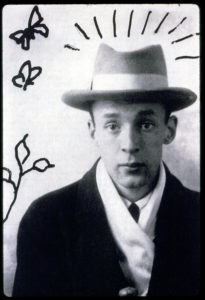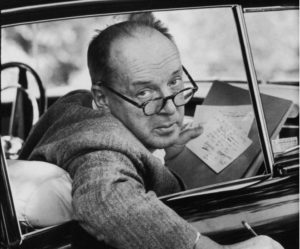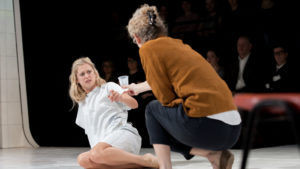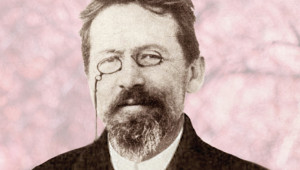THE PLAY THAT SHOWS NABOKOV’S EARLY GENIUS
Vladimir Nabokov’s first major work, THE TRAGEDY OF MR. MORN was written in the winter of 1923-24 in Prague when Nabokov was twenty-four. After completing the play in January, he wrote in a letter he felt like a house just emptied of its grand piano. And what a grand piano it is, full of music and wonder.
Two years later he wrote Mary, the first of nine novels written in Russian. Other Russian novels include King, Queen, Knave (1928), The Luzhin Defense (1930), Glory (1932), Laughter in the Dark (1933), Despair (1934), Invitation to a Beheading (1936), and The Gift (1938).
Having already fled Russia and Germany, Nabokov became a refugee again in 1940 when he was forced to leave France for the United States. In the U.S. he taught at Wellesley, Harvard, and Cornell. He began writing novels in English with The Real Life of Sebastian Knight in 1941. He followed up with Bend Sinister (1947), Lolita (1955), Pnin (1957), Pale Fire (1962), Ada (1969), Transparent Things (1972), and Look at the Harlequins (1974).
On the Modern Library list of best 100 novels written in English, Lolita is number four and Pale Fire is fifty-two. Vladimir and Vera Nabokov were married for over fifty years and they had one child, Dmitri. In 1961 the Nabokovs moved to Montreux, Switzerland where he lived until the end of his life in 1977.
THE TRAGEDY OF MISTER MORN is set in an imaginary country, part fairy-tale kingdom with an atmosphere like Shakespeare’s Verona or Venice, part post-revolutionary Russia. Before the action of the play begins, a mysterious and benevolent king has ruled anonymously, behind a black mask. Four years ago this king quelled a rebellion and has restored peace and prosperity to a troubled land. The leader of the revolution, Tremens, remains free though his friends “suffer in black exile” because the king views Tremens as a magnet for “the scattered needles, the revolutionary souls” who can be gathered up.





Recent Comments